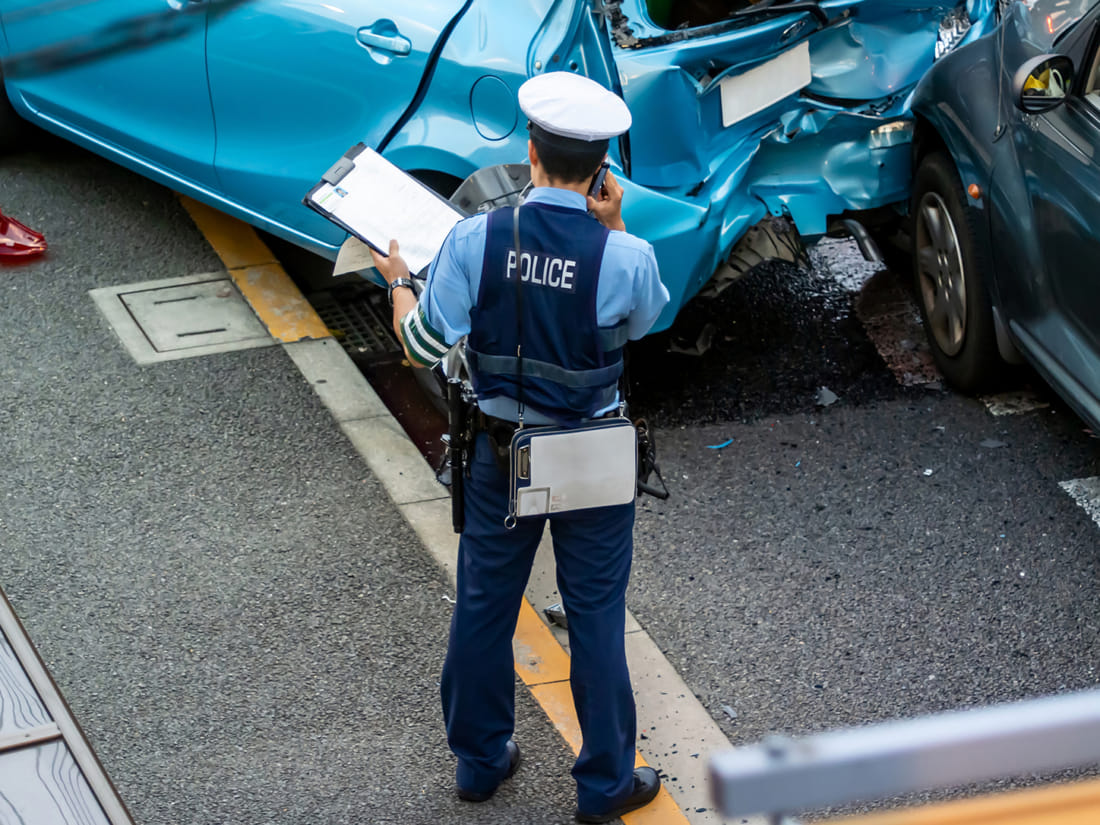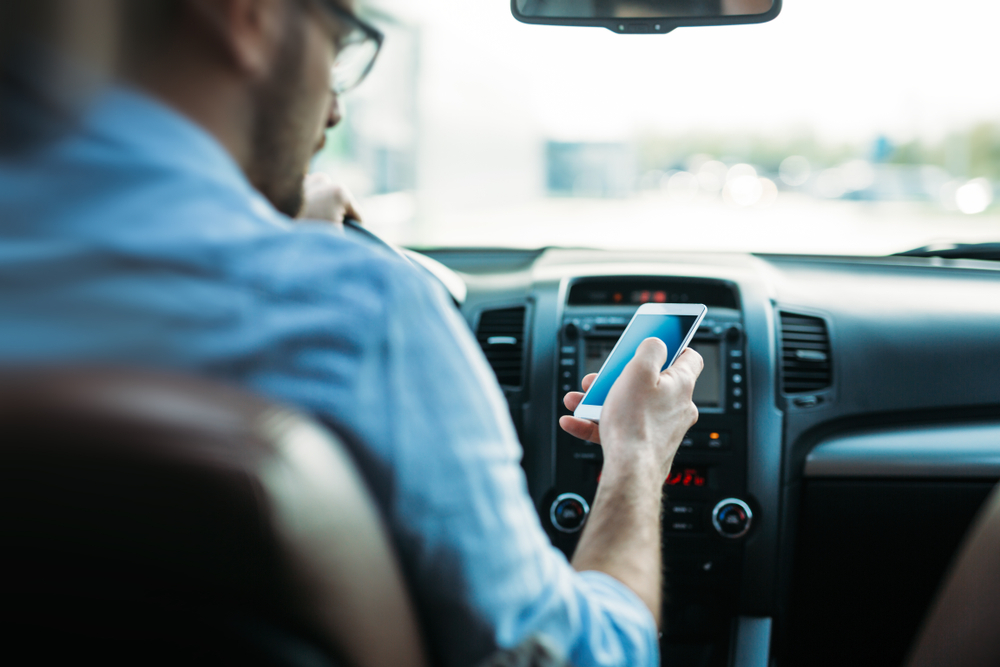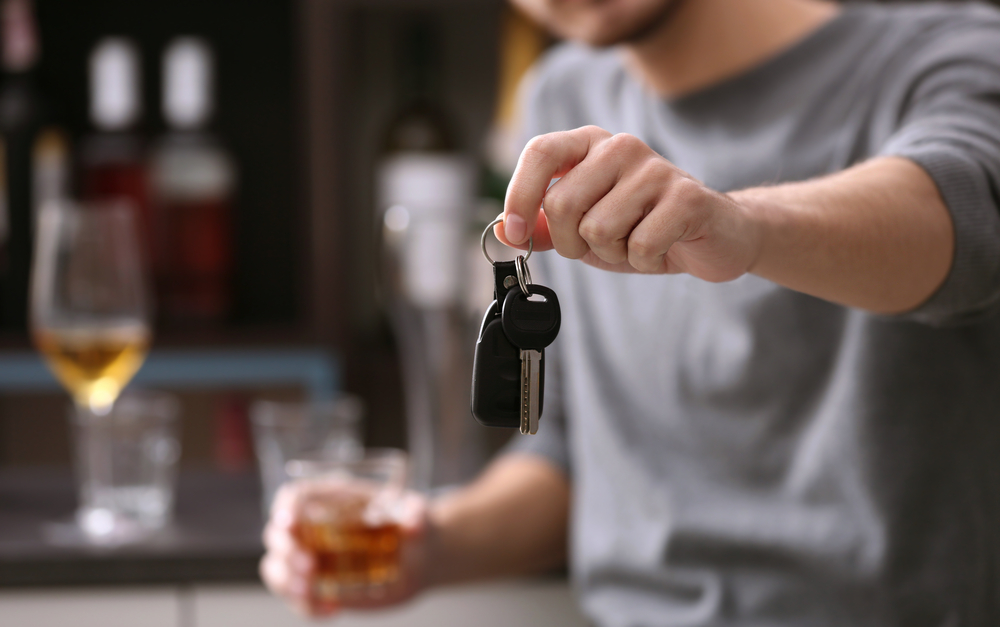
Roaming Freeman / Shutterstock.com
Nearly 30 million international tourists visited Japan in 2019 and with the Tokyo 2020 Olympics Games scheduled for this summer the number of visitors is expected to break records. That many more people means more drivers on the roads, especially if Tokyo’s guests decide to rent a car for their transportation needs.
Traffic accidents occur at a rate of one-per-minute in Japan. While travel insurance will help cover the costs of potential accidents, these tips can help prevent car accidents from happening in the first place.
Look Both Ways
The most typical place for accidents to occur in Japan are at intersections, especially those occurring when a car is making a right turn. The primary cause of intersection accidents is failure to check your surroundings. Remember that vehicles travel on the left side of the road in Japan, and aggressive right turns or passing through without giving way is strictly prohibited. Pay extra attention at intersections with no traffic signals and watch out for pedestrians and bicycles running in front of cars.

nd3000 / Shutterstock.com
Hang Up the Phone
In Japan, traffic accidents involving use of smartphones are subject to tougher penalties than other traffic accidents. In December 2019, a new Japan law went into effect tripling the fee for drivers caught using a smartphone or mobile phone. So, never use a smartphone while driving – which applies to any country you might be in. If you need to check a map, pull over your car to a safe area, which is actually a good thing since Japan has some of the nicest rest areas in the world.
The same instruction applies to pedestrians. There are approximately 15 million people sharing the sidewalks in Tokyo and proper etiquette dictates that you avoid plowing into fellow pedestrians while uploading that cool new Instagram photo. Just so you know – if you carelessly injure someone or break someone else’s property, you may be held liable to pay compensation.
Watch Out for Pedestrians
Tokyo’s sidewalks are awfully narrow, so traffic accidents involving pedestrians are common, particularly during evenings or nights when accidents due to carelessness are more likely to occur. Bicycles also often share the sidewalks with pedestrians. If you do ride a bicycle, don’t ride by side-by-side, and definitely don’t ride a bike while drunk.
Recently, a cyclist found at fault for an accident in Japan was fined more than ¥90 million (approximately $850,000) in damages. That is the kind of conversion math you don’t want to do when you are on vacation.

Africa Studio / Shutterstock.com
Don’t Drink and Drive
Japan has a zero tolerance policy when it comes to drunk driving and penalties may be stricter in Japan than back home. Penalties have tightened due to amendments to Japanese law, and the number of drunk driving accidents in Japan are actually decreasing on a year-to-year basis.
The General Insurance Association of Japan (GIAJ) promotes a variety of drunk driving prevention initiatives as part of the social responsibility activities of the non-life insurance industry. According to the GIAJ drunk driving prevention manual, if a person of average size drinks three units of an alcoholic beverage (for example, one 500ml glass of 5% beer is one unit), the alcohol can still be detected eight hours later. Also, in Japan even car passengers can be punished for allowing a drunk driver to operate the vehicle, so don’t risk it.
Be Insured
While automobile insurance is generally required for renting a vehicle, not all rental companies provide the same scope and degree of coverage. Choose the best plan for the automobile insurance policy that fits your needs, otherwise you may have to pay a significant sum of money in the event of a traffic accident while driving a rental vehicle.
Remember that if you choose the plan based only on the price, a cheaper plan may not be able to provide sufficient coverage in case of an accident. Furthermore, Japanese traffic rules may not necessarily be the same as those in your home country, and so you should always take special precautions before renting a car.
For more information about how to handle any emergency situation (including novel coronavirus related inquiries) in Japan, the General Insurance Association of Japan provides information online in multiple languages.
Sponsored Post








